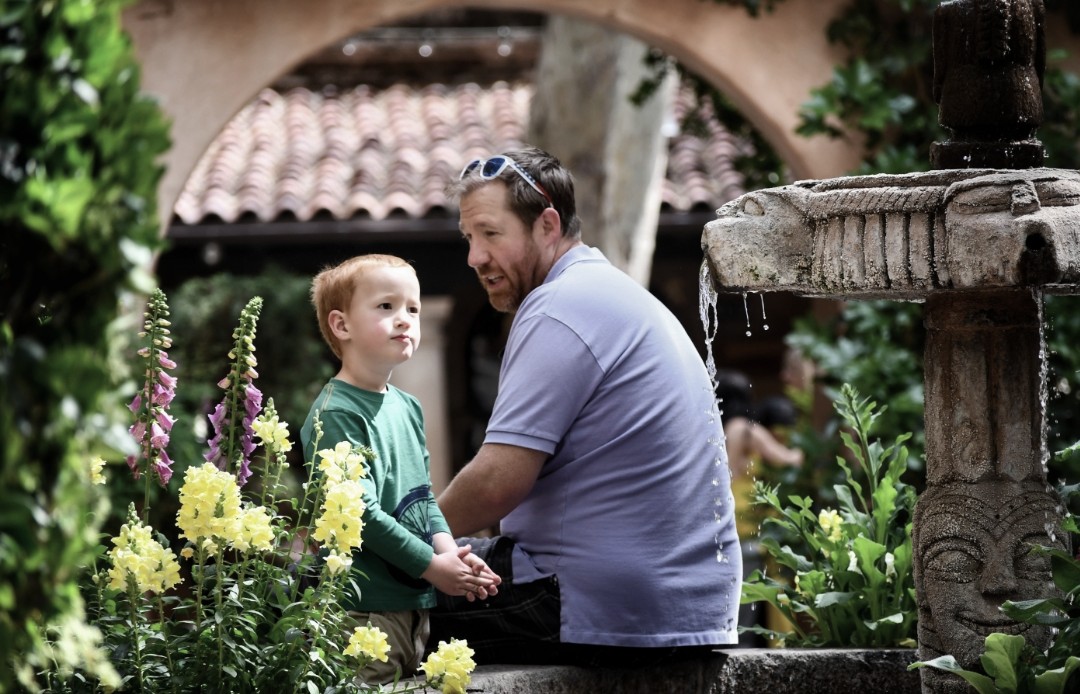ASD can can cause a number of challenges in the realm of social interactions, including an autistic child saying hurtful things.
In the below article we explore why this may be a common situation and what you can do about it.
An autistic child saying hurtful things
In order to compose this article we considered a wide range of parties in these interactions. To start with you have the autistic child themselves and their feelings.
Then you have the recipient of the hurtful comments, be it adult or child.
Then you have the autistic child’s parent and possibly the parent of the recipient.
As you can see there is quite a web of people involved and we will try and see things from all perspectives.
The autistic child
Autistic children, like any child, experience a wide range of emotions.
With that said however, they often face challenges when it comes to expressing their feelings.
Sometimes, hurtful words are a result of frustration or an inability to communicate their emotions effectively.
These words may be a way for them to convey their inner turmoil when they can’t find other words to express themselves.
Another factor is that autistic children often don’t understand social norms. These are the unwritten do’s and don’ts of daily life.
They may not always grasp the impact of their words on others or the nuances of social interactions.
Hurtful comments might be unintentional, as they struggle to navigate the complexities of human relationships.
As an example if an autistic child sees someone who is overweight they may point out that fact.
Now we all know when someone is overweight but it is us understanding social norms which stop us from commenting.

An autistic child saying hurtful things isn’t uncommon
The recipient
Probably the most uncomfortable party would be the recipient of the hurtful words. This could be a child or adult.
This party may not know about autism and therefore just see the comments as an outright attack.
It is important to be empathetic towards this party as they may be shocked and distressed.
At an appropriate time try to explain to them about autism, detailing why the hurtful comment may have been made.
The same can be said about the child’s parent if applicable. Assume that they have no understanding of autism and explain empathetically the challenges.
A parent will likely be sympathetic to your own plight and show understanding and acceptance.
You
The last party involved in an interaction with an autistic child saying hurtful things is you. This is assuming that you’re a parent and it is your child.
I personally find myself constantly apologising for my son.
It may be that he has jumped the queue for apparatus at the park or indeed said something hurtful.
This can take a toll on your own mental health and general happiness.
Other than explaining neurodiversity to other parents your options are limited. The only point I will make however is to remind yourself that you’re doing the best you can.
How to stop an autistic child saying hurtful things
This is the million dollar question really isn’t it.
Whilst no-one can wave a wand and put a stop to the behaviour, here are some tactics to consider.
Roleplay do’s and dont’s
As mentioned above, a large part of the behaviour will be down to a child not understanding social norms.
These however like anything else can be taught.
Consider engaging in roleplays of social interactions with you playing the role of another person.
You can develop almost mini scripts of how a social interaction may go.
You can ask your child “do you like my dress?” or similar to prompt the urge for hurtful comments.
From there using tools like emotion cards you can demonstrate how compliments make you happy and hurtful words sad.
Use toys as characters
Along the similar vein to the above roll playing you could also use props.
The concept of mom or dad acting may be confusing for your child but trying toy figurines could be easier.
You could play out various social situations using favourite toys to once more demonstrate social do’s and dont’s.
Again, if your child says something hurtful then demonstrate your toy crying and being sad.
Reward good behaviour
It’s very easy in our position to only focus on the negatives but it’s really important to praise your child when they’re kind.
If you note an interaction between your child and another party and they are even neutral, give them praise.
Be especially forthcoming if they say something kind to someone else.
Explain that their kindness made the other party feel happy, using visual supports if necessary.
Use videos
If your child is a visual learner and likes to watch YouTube then use that to your advantage.
Show them videos which present kind interactions and even those which talk about social norms.
At a moment of fleeting downtime have a search of YouTube and save appropriate videos as “watch later”. Then you can try to get your child to watch and soak in at appropriate times.
Summary
It’s important for parents to approach their child’s hurtful words with understanding and compassion.
Autistic children often struggle with emotional expression and social norms.
By recognising these underlying factors and responding with patience and support, parents can help their children navigate these challenges.
Remember Rome wasn’t built in a day so celebrate the small wins.
Any tips or ideas?
We would love to hear from you if you have got any techniques or ideas for our readers to try.
Be sure to leave a comment if any of the above has helped or if you have any ideas we can add to this article.
Also be sure to search for any other articles you might find helpful.
Try for example searching below for topics like ‘meltdown’ or ‘communication’.


I don’t want to be controversial but sometimes autistic kids are mean as well. Not EVERYTHING is down to their condition.